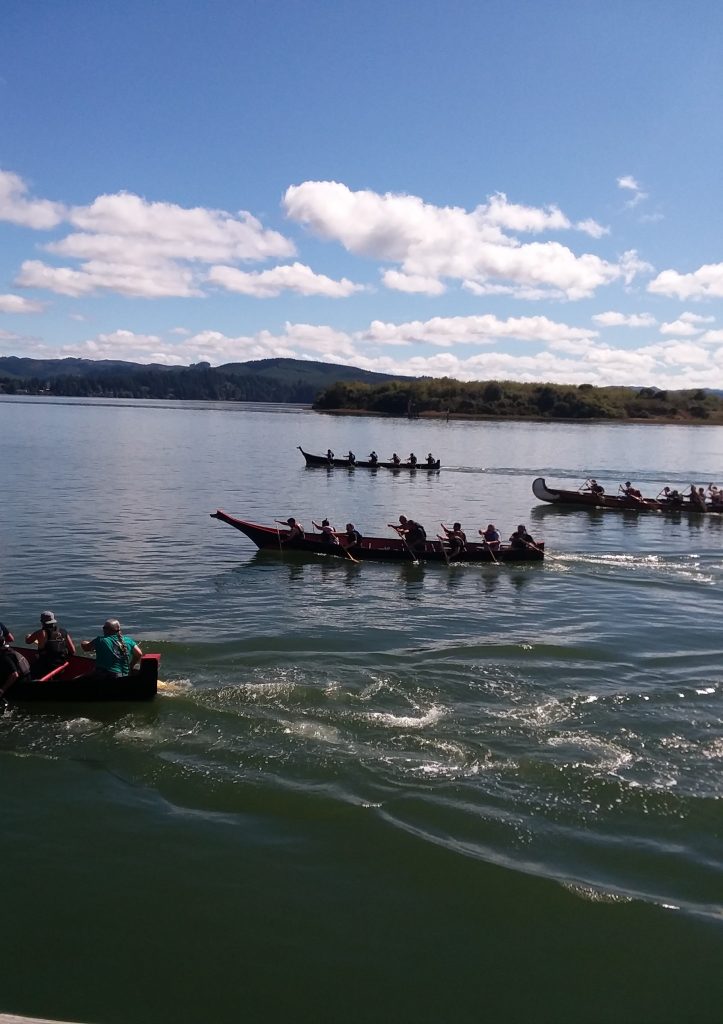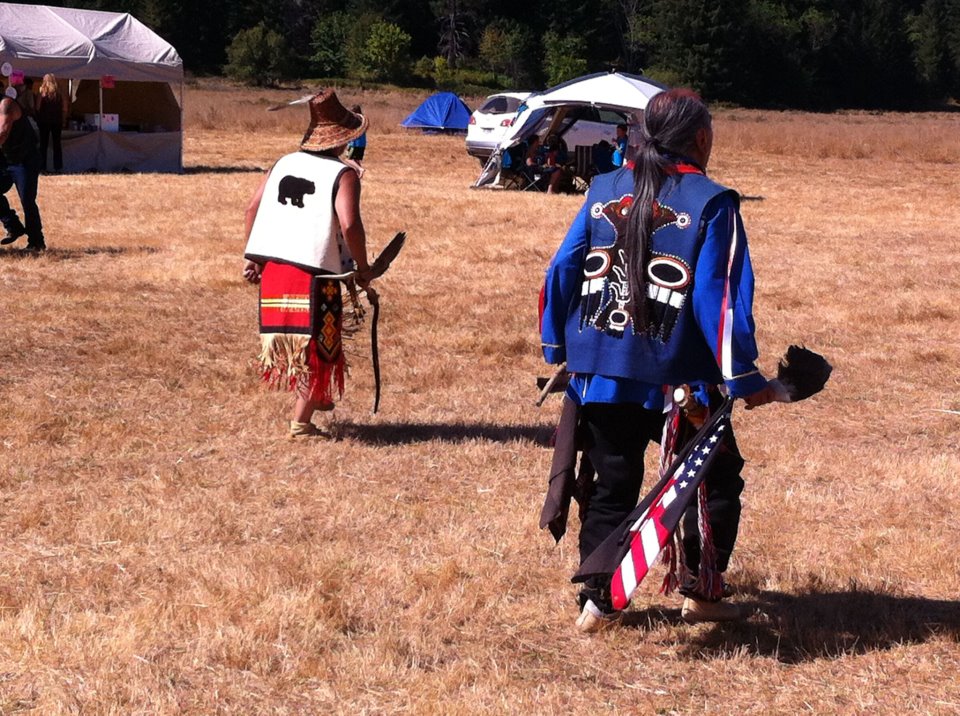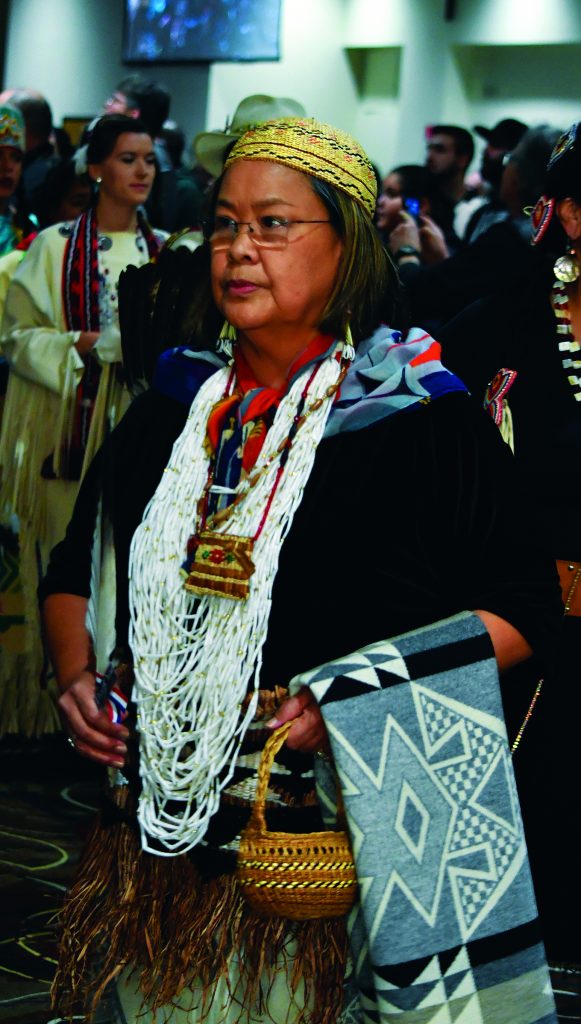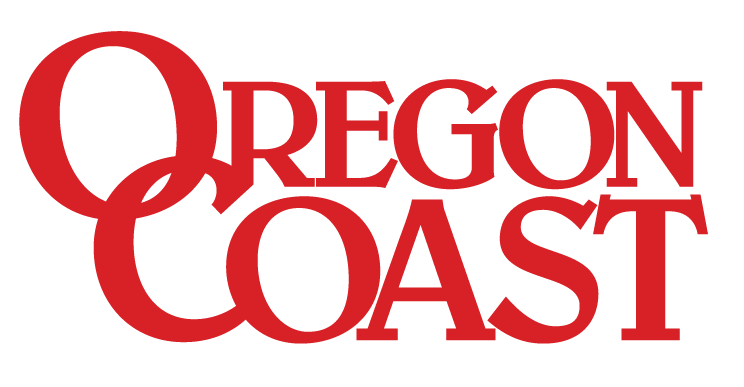These Fall pow-wows and special traditions offer a great opportunity to learn about Native American hospitality and culture.
Gatherings, celebrations, and hospitality have been vital pieces of Native American culture since the beginning of time. Today that hospitality is an important benefit and attraction for our residents and tourists.
The Oregon Coast is one of the best places in the nation to enjoy the history and culture of the tribes who live here, on the lands that belonged to their ancestors. Whether it is a pow-wow, a community salmon barbecue, or perhaps a stop at one of the casinos, everyone is welcome.
Here on the coast, and throughout Oregon, the hosts may be “confederations” of many tribes and bands. Many have legal names such as the “Confederated Tribes of Siletz Indians,” but may include more than two dozen tribes. Thus, the culture and history are communal to the tribal group, but some may be attributed to only a few of the tribes in the confederation. This results in a rich variety of cultural knowledge for the people to share with their guests. —Grace Elting Castle

At the Mill-Luck Salmon Celebration, held this year on September 9-10, the canoe races are not to be missed. “Those big wooden canoes go fast!” remarked my daughter when we attended a few years ago.
Anyone can sign up for the races, then load up with several other participants in the wooden canoes and pull their paddles through the Coos bay waters as onlookers cheer from the waterfront boardwalk alongside the Mill Casino.
My kids and I watched the canoes as we devoured Indian fry bread, which we decided was like a delicious non-sweet flat donut (except for the honey and cranberry butter we slathered all over it!). Foodies will also want to try the traditional fire-baked salmon.
The outdoor festival is a celebration of Native American and Coquille (pronounced ko-kwel) tribal culture, where visitors can learn about traditional fishing methods and tools, basket weaving techniques, and beading. We marveled at the juniper-berry bracelets and necklaces and other items sold by vendors, and of course, stopped by the big white tent to watch dancers and drummers in colorful regalia. The festival is open Saturday 10 a.m. to 5 p.m. and Sunday 11 a.m. to 4 p.m. Admission is free; food is available for purchase. —Emily Kolkemo

The 30th Agness-Illahe Gathering of the People, held September 16-17 at Big Bend near Foster Bar, is over an hour drive up the Rogue River from Gold Beach. The Confederated Tribes of the Lower Rogue (which include the Chetco, Tututni, Shasta Costa, and Takelma tribes) organize the annual pow-wow to honor cultural history, sacred traditions, tribal elders, and veterans.
According to tribal elders, Big Bend is the location of the Gathering because it is a spiritual place, and the last big battle of the Rogue River Wars in the mid-1800s that eventually led to the displacement and relocation of the tribes to reservations in the north.
For the Grand Entry, flags are brought in and all participating dancers and honored guests, including veterans, enter the arena or dance area. Other activities include drumming, canoe races on the Rogue River, a raffle, games, and vendors with one-of-a-kind wares. There’s a breakfast and salmon dinner on Saturday. There is no admission fee, but donations are accepted. —Emily Kolkemo

The Confederated Tribes of Siletz Indians will hold their 46th Restoration Pow-Wow in November (stay tuned for the date). Activities will take place at the Chinook Winds Casino Resort in Lincoln City. The event commemorates the restoration of the tribe after nearly two decades of being “terminated” by the U.S. government. On November 18, 1977, Public Law 95-195 was signed by Congress and President Jimmy Carter to establish the tribe as only the second tribe in the United States, and the first in Oregon, to achieve restoration of their rights. The battle to win those rights back took cooperation from tribal members, community leaders, county, state, and federal politicians, media, and numerous meetings and trips to Washington D.C.
Tribal members from across the state and nation return to Lincoln County for this important celebration, which is free and open to the public. Often special awards are presented to those who have been involved in tribal projects. Drumming, dancing, and tables of handmade crafts and jewelry are usually included in the celebration. It feels like a family reunion, a very special, hard-earned homecoming with stories of yesterday and pride in the future they envision. —Grace Elting Castle
When You Go
Autumn is an excellent time to enjoy the varied events shared by the Pacific Coast Native American tribes. There are, however, some guidelines that will make your visit more enjoyable:
• Alcohol and drugs are strictly forbidden at all events.
• Blankets or other personal items are used to save a chair or seat. You should only choose to sit in an unsaved place.
• The special clothing worn by dancers and others is called “regalia” and is considered sacred. It is disrespectful to say “costume” or to touch any part of a person’s regalia without permission.
• There are usually numerous invited drum groups at the pow-wow. It is disrespectful to touch a drum or drumstick unless invited by a drummer to do so.
• It is respectful to stand during the grand entries when the flags are brought in (or retired). Feel free to remain seated if you have physical issues.
• Guests are welcome to participate in the pow-wow dances, except for competition dances. Pay close attention to the arena director (announcer). When you hear “Intertribal” or “Round Dance” everyone is welcome. Sometimes there is an “Owl Dance” where the ladies get to choose their partner.
• If an “Honor Dance” is announced, stand respectfully. The announcer will tell you if/when you can join the honor dance.
• If a feather drops from a dancer’s regalia during a dance, the arena director will usually stop the drums and all dancing will cease until a ceremony is conducted.
• Often tribal veterans are honored at a pow-wow or gathering. Each veteran may choose to announce his or her period of service and may share a story. Be patient and respectful during this time.
• Most people are willing to allow photos, but always ask first. Photos during dancing is allowed unless announced otherwise.
This story was originally published in the print version of Oregon Coast magazine. Updated August 2023 online.




